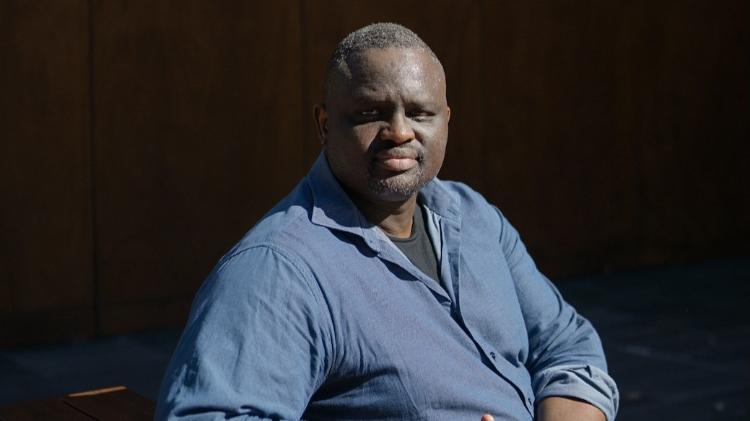Anguish, or the exploding atoms of searing vision: reading Marechera reading Dostoevsky

Agora Talk by Dr. Bryan Mukandi
-
-
-
Wollongong Campus
Building 20, Room 4
Abstract
For Ghanian philosopher, Kwasi Wiredu, it is the shared fact of our embodiment which paves the way for intercultural understanding. The Zimbabwe writer, Dambudzo Marechera, grounds his conception of universality elsewhere. He reads in Fyodor Dostoevsky and Wole Soyinka the same anguish at play in the face of different, though similarly brutal, social and political conditions. It is that susceptibility to anguish, the fact of being sensible or prone to one’s environment, or our vulnerability to being ground into ‘the raw person’, that Marechera takes to mark our shared humanity. In making his case, he refers to Notes from the Underground, The Brothers Karamazov, A Dance in the Forest and The Interpreters among other works. This chapter follows suit with the aim of excavating the relationship between self and society in two different contexts. The results, it is hoped, will be useful for the articulation of a critical phenomenology of anguish.
Bio
Bryan studied medicine at the University of Zimbabwe and interned at the United Bulawayo Hospitals before emigrating to Ireland, where he studied the Social Sciences and Philosophy. Since moving to Australia more than a decade ago, his academic appointments have been in Health Policy and Systems Research, Medical Ethics, and Philosophy. The bulk of his work today falls into three categories: Metaphilosophy; Philosophies of the Global South; and the Health Humanities. What unites these is an abiding interest in and concern for the wellbeing of the marginalised.